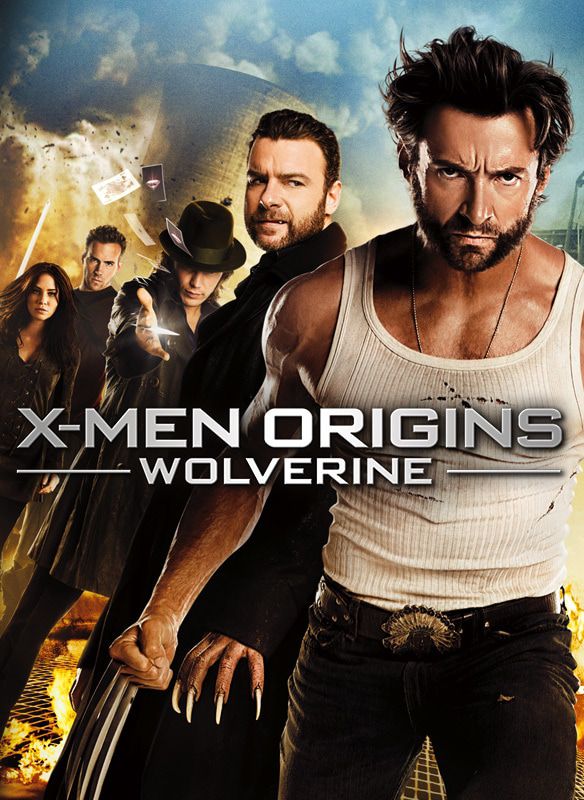On an evening that might have otherwise been dominated by some faintly alarming MCU developments, patient Ryan Reynolds fans received a delightful surprise: The star will be returning for the long-awaited Deadpool threequel, slated for release in 2024. But that was only half the bombshell dropped in Reynolds’ video tweet on Tuesday evening. Joining the titular Marvel antihero will be an even less expected, though perhaps even more highly anticipated, co-star: Hugh Jackman’s Wolverine.
But it won’t be the first time these two characters have gone face-to-face on the big screen. That extremely dubious honor belongs to what may still reign as the most detested and willfully forgotten installment of 20th Century Fox’s X-Men film series. Deadpool 3 — or whatever its title turns out to be — has a chance to make good on the 2009 showcase of chaos and desperation that was X-Men Origins: Wolverine.
By 2006, with the release of the middlingly received X-Men: The Last Stand, the initial Fox X-Men trilogy had run its course, but the studio wasn’t about to let a lucrative name brand die out quite so quickly. Plans were afoot for a series of prequel films detailing the origins of some of the major mutants of the franchise, like Wolverine and Magneto, as well as new fan-favorite faces like Gambit.
Image: 20th Century Fox
This, as it turned out, never amounted to much: Magneto’s story was partially reposed into an eventual prequel/reboot of the X-Men movies themselves, while the Gambit movie remained in development limbo almost until the moment Fox ceased to be an independent studio. But with Jackman on board for a new series of movies, X-Men Origins: Wolverine was a go. And it didn’t take long before viewers and filmmakers alike came to regret it.
The basic story premise is solid enough. Co-written by honest-to-goodness Hollywood screenwriters David Benioff (before he was a Game of Thrones showrunner) and Skip Woods (also a person who owned a word processor), the movie details the story of young James Howlett’s transformation from 19th-century Canadian backwoodsman to beclawed secret agent, courtesy of the conspiratorial military project known as Weapon X.
That’s a backstory that has plenty of comic book street cred, and in the context of the movie, it allows for what, in theory, ought to have been some fun cameos from other mutant enlistees in the project that turned Wolverine into an adamantium-infused operative. There’s Liev Schreiber returning as Sabretooth, Daniel Henney as Agent Zero (better known as Maverick to all two of his ’90s-comic-reading fans), Kevin Durand as durable fatphobic icon Fred Dukes, and, most memorably of all, Ryan Reynolds making his debut as Wade Wilson, the wisecracking assassin known here simply as Weapon XI.
Except for the small matter that he only manages to crack wise for approximately a single scene. After that, Origins seems to misplace everything that comic readers love about Deadpool, perhaps leaving it on the film reels of another movie entirely. Reynolds’ transformation into an ersatz version of the superpowered mercenary is a sight to behold. Gone is the iconic red-and-black costume, replaced with a combination of red pajama pants and a bare torso drawn over in black permanent marker, an ensemble that can best be described as Fraternity Prank Chic.
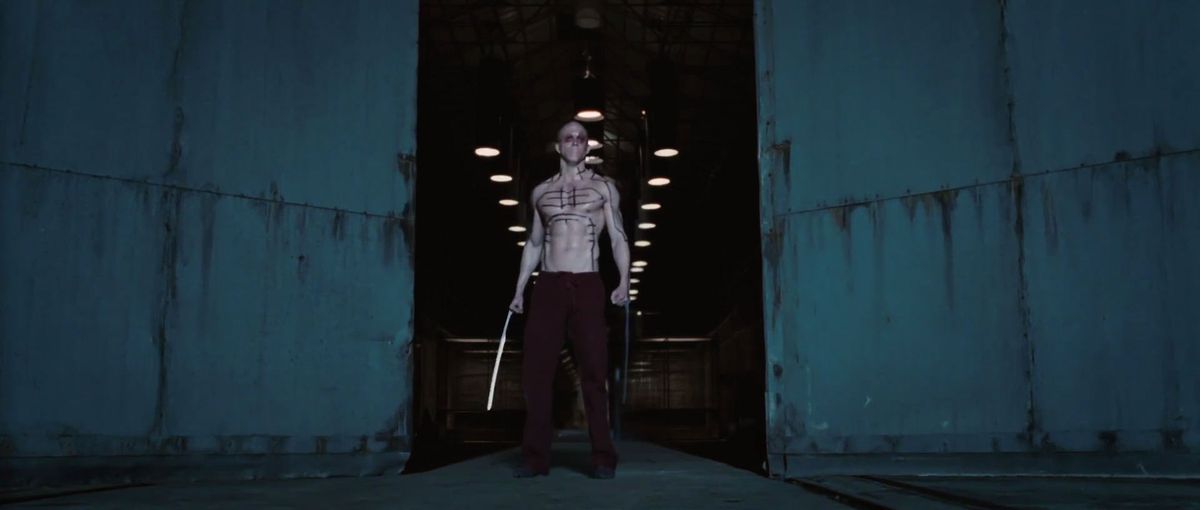
Image: 20th Century Fox
His powers, in an apparent effort to one-up Jackman’s iconic metal claws, now include laser eyes and full swords sticking out of his hands. The movie’s most notorious and inexplicable decision was to sew Reynolds’ mouth shut, depriving the Merc With a Mouth of any mouth to speak of, and obliging the actor to play out the remainder of his role in stark silence.
The result is that Jackman and Reynolds’ climactic battle plays out like a master class in overemoting through mime. Faced with the dual challenge of conveying some attempt at humor minus dialogue or lips of any kind, and conveying expression with enormous kitchen knives duct taped to his wrists, Reynolds opts for a mustache-twirling performance style that only Willem Dafoe in full Green Goblin armor could love. Though, in fairness to the comedic potential of Deadpool, it must be admitted that this entire sequence is ludicrously funny.
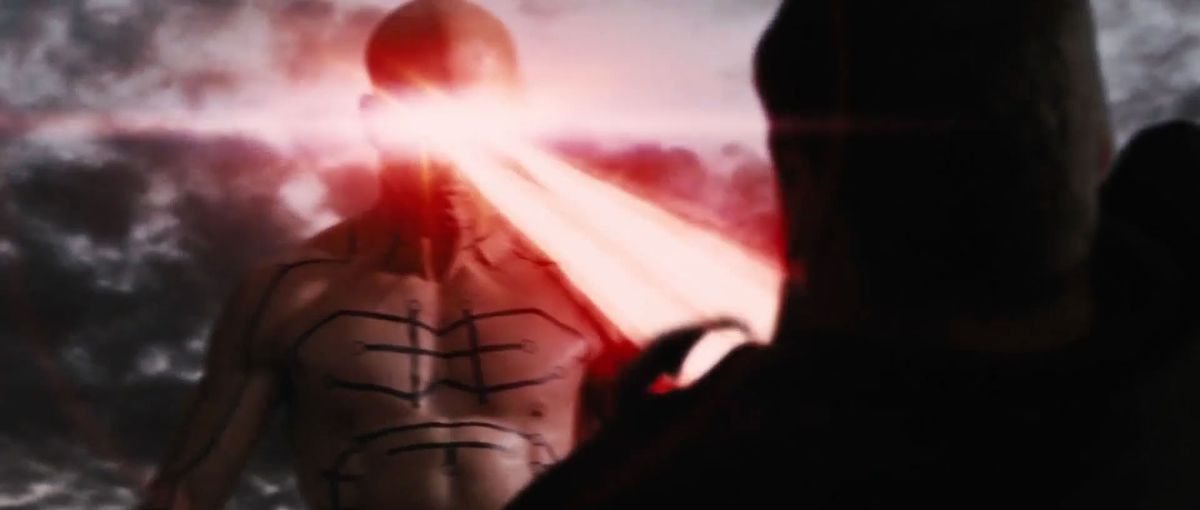
Image: 20th Century Fox
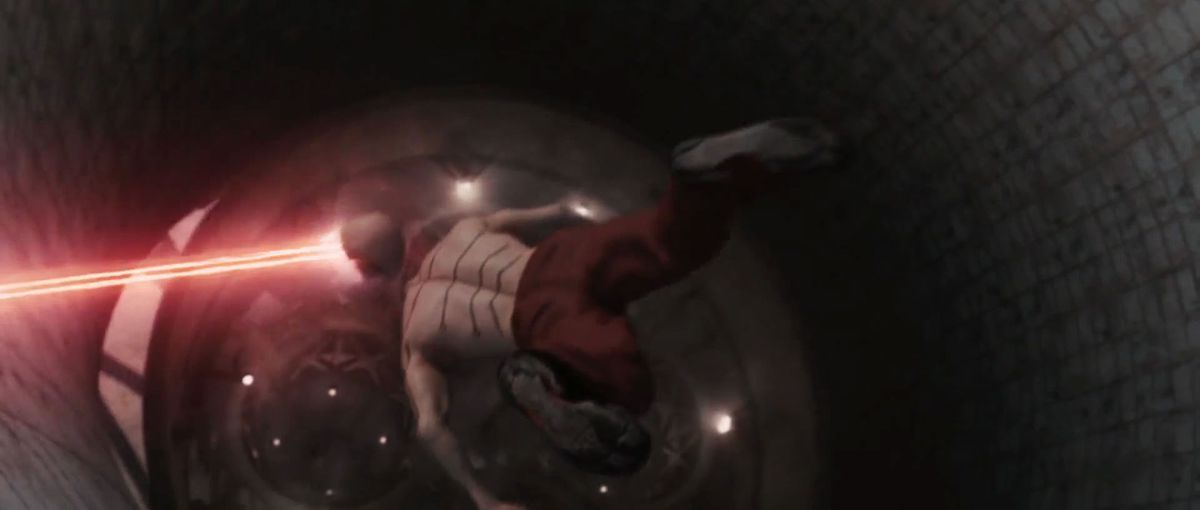
Image: 20th Century Fox
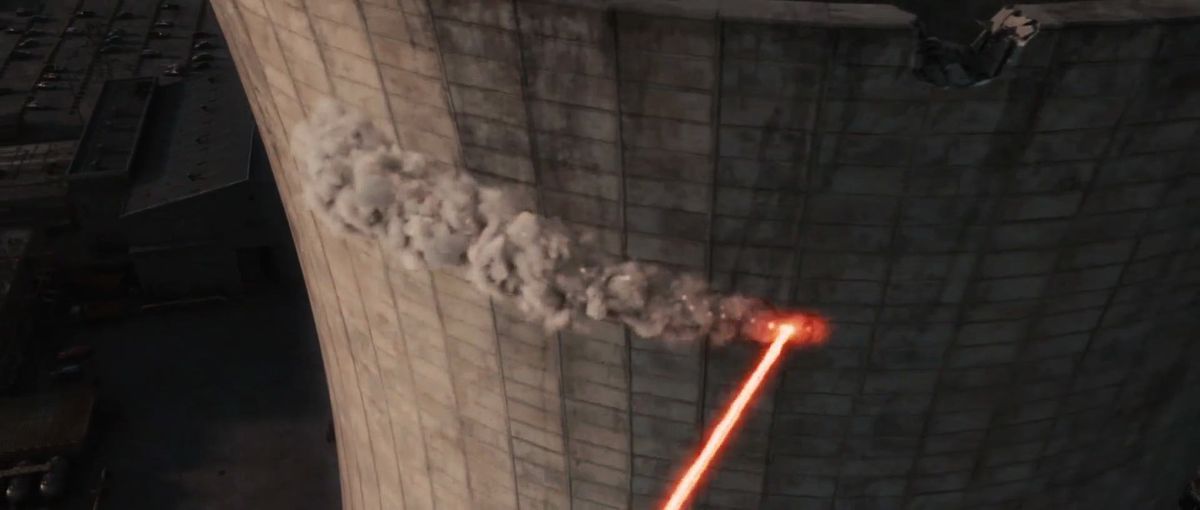
Image: 20th Century Fox
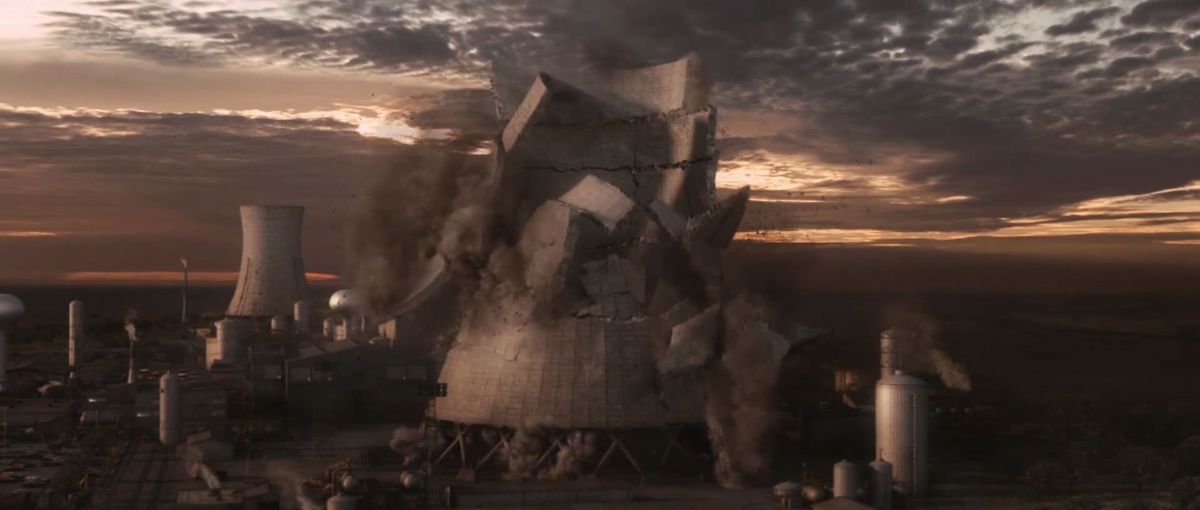
Image: 20th Century Fox
“Oh, oop! Oh, uh. Uhhh. Uh oh. Ummm, uh oh…”
But it would not (thankfully) last. By the time Reynolds returned to the role in his own star vehicle seven years later, it had been both physically and narratively rebooted, becoming something much closer to the Marvel Universe model fans had longed for in the first place.
Which may, when it comes down to it, be the best reason to dredge up this chapter of Deadpool’s sorry cinematic past in the next go-round. X-Men Origins: Wolverine was a product of another era in superhero movies: a time when capes, costumes, and primary colors were regarded with cynical distance, and when the seedy newsprint beginnings of these characters was an embarrassment to be run from, rather than a selling point to be advertised.
As the MCU continues to lean ever more heavily in to the multiverse as a venue to revisit the tombstones of franchises past — be it Patrick Stewart’s Professor X or a whole host of actors from the cast-off Spider-Man franchises of days gone by — it gives itself an opportunity to subtly but firmly make amends for a cultural moment when superheroes still carried a faint whiff of nerdy shame.
With Hugh Jackman in the cast, the next Deadpool movie has a chance to elevate X-Men Origins: Wolverine into the campy spectacle it always should have been, even if it never knew it. After all, if we, as a people, found it in our hearts to love Joel Schumacher, we can learn to love this movie, too.

